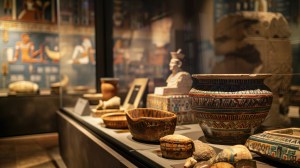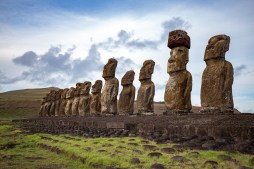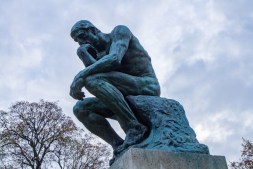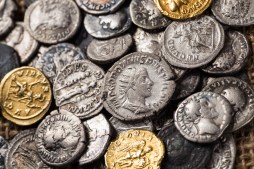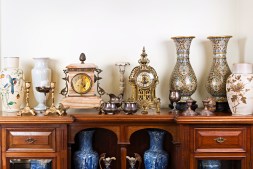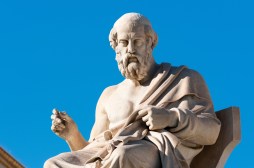Cultural Heritage and Ethical Collecting: A Guide for Museums and Collectors
As the world becomes increasingly interconnected, the importance of preserving cultural heritage is more critical than ever. Museums and collectors play a vital role in this preservation, but with that responsibility comes the ethical obligation to collect in a manner that respects the origins and significance of cultural artifacts. This guide will explore the principles of ethical collecting, providing insights for both museums and individual collectors.
Understanding Cultural Heritage
Cultural heritage encompasses the traditions, customs, artifacts, sites, and values passed down through generations. It represents a community’s identity and history. Understanding what constitutes cultural heritage is essential for those involved in its collection—whether they are museums acquiring items for their exhibitions or private collectors beginning to build their collections. Recognizing that these items are not just objects but embodiments of social meaning is crucial in promoting respect and responsibility.
The Importance of Ethical Collecting
Ethical collecting refers to acquiring items with full consideration given to their provenance, legality, and cultural significance. For museums, this means adhering to international laws such as UNESCO’s conventions on preventing illicit trade in cultural property. For individual collectors, it involves ensuring that any artifact acquired has been obtained through legal means and without causing harm or disruption to its culture of origin. This practice not only preserves artifacts but also builds trust with communities from which these items originate.
Best Practices for Museums
Museums should adopt policies that prioritize ethical standards across all their collecting practices. These policies might include conducting thorough provenance research before acquiring new items, engaging with source communities about potential acquisitions, creating transparency around collections management practices, and training staff on ethical issues related to cultural heritage. By establishing clear guidelines based on respect for cultures represented in museum collections, institutions can foster better relationships with both local communities and global stakeholders.
Guidelines for Individual Collectors
Individual collectors can also play a significant role in promoting ethical collecting by following certain guidelines: always verify an item’s provenance before purchasing; seek out reputable dealers who adhere to ethical standards; consider joining organizations focused on responsible collecting; educate themselves about the significance of the objects they are interested in; and be willing to return or repatriate items if they were acquired unethically or illegally. These steps ensure that personal collections contribute positively rather than detract from cultural heritage.
The Role of Advocacy Organizations
Numerous advocacy organizations exist dedicated to promoting ethical collecting practices within museums and among private collectors alike. Groups such as the International Council of Museums (ICOM) provide resources aimed at fostering awareness about responsible stewardship while offering guidelines tailored specifically for institutions worldwide. Collaborating with these organizations can help both museums and individual collectors stay informed about best practices while aligning their efforts toward preserving our shared global heritage more ethically.
In summary, understanding cultural heritage alongside practicing ethical collecting is paramount for museums and private individuals alike who engage with artifacts from various cultures around the world. By prioritizing respect over ownership rights—considering provenance legality—collectors can nurture relationships between cultures while safeguarding important historical narratives into future generations.
This text was generated using a large language model, and select text has been reviewed and moderated for purposes such as readability.
